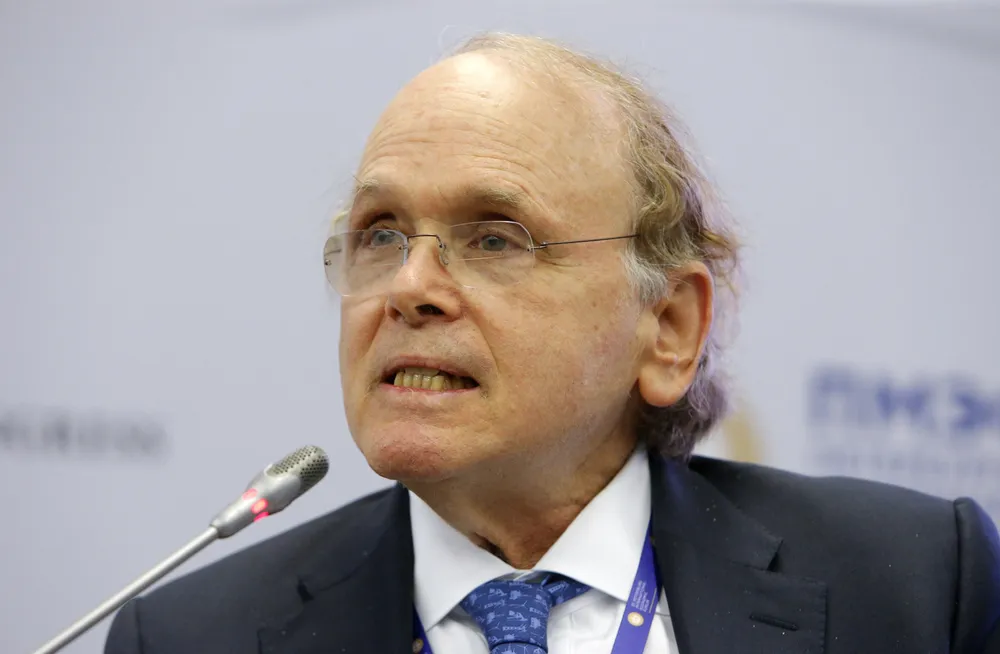Geopolitics and financial realities: Oil and gas still have huge role amid transition, Yergin says
China and US remain key as fossil fuels set to remain a force for years to come despite net-zero drive

China and US remain key as fossil fuels set to remain a force for years to come despite net-zero drive
